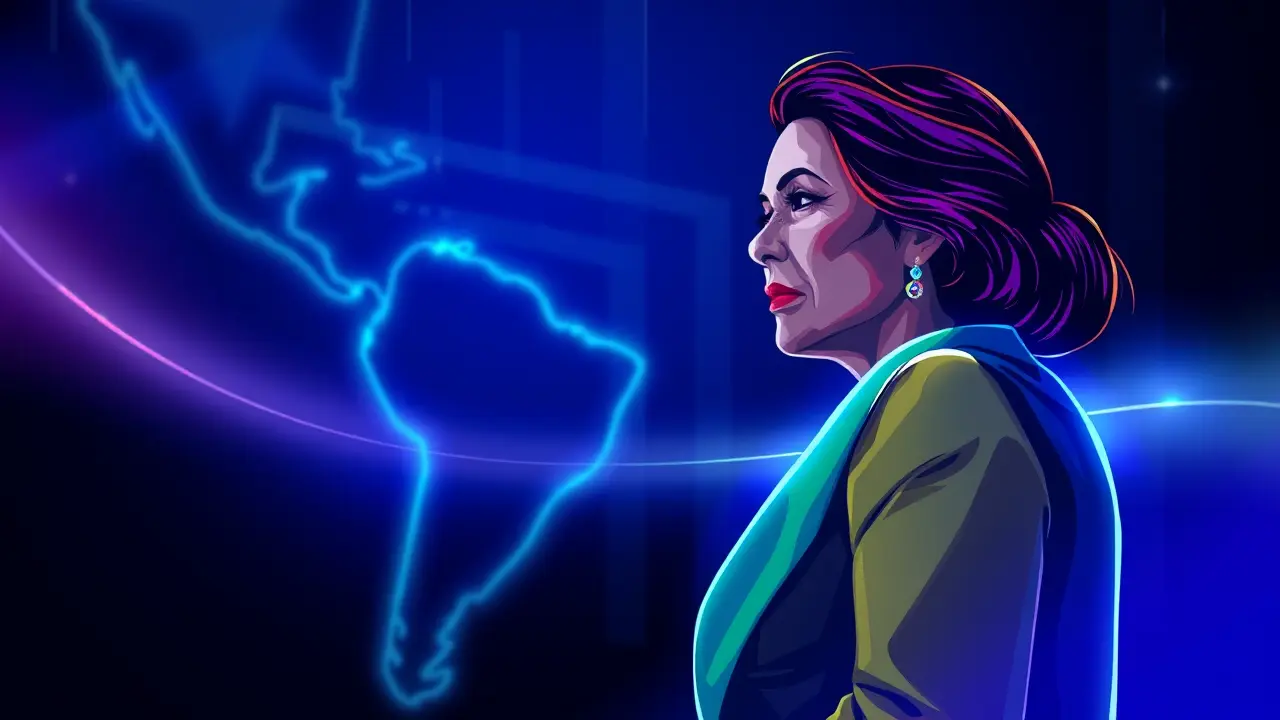
Politicscourts & investigationsPolitical Trials
Peru's Former First Lady Fights Extradition in Brazil
OL
Oliver Scott
11 hours ago7 min read5 comments
In a calculated legal gambit resonating through diplomatic corridors from Brasília to Lima, Peru's former first lady Nadine Heredia has petitioned Brazil's Supreme Court to erect a formidable barrier against any potential extradition, international imprisonment, or transfer of her sentence—a move that legal analysts interpret as a strategic effort to anchor herself in Brazilian jurisdiction and exploit its historically nuanced approach to regional political asylum. Heredia, alongside her husband, former President Ollanta Humala, who governed Peru from 2011 to 2016, faces a litany of corruption charges in their homeland, primarily connected to the sprawling Odebrecht scandal that has ensnared political elites across Latin America, creating a complex web of legal and political risk that now tests the robustness of bilateral treaties and the principle of comity between nations.The core of Heredia's defense likely hinges on several high-stakes arguments: potential political persecution given Humala's contentious legacy, the comparative integrity of Peru's judicial process which has been under international scrutiny, and Brazil's own constitutional protections against extraditing individuals who might face prejudicial treatment—a legal shield previously contemplated in other high-profile cases involving former officials from neighboring states. This is not merely a personal legal battle but a significant stress test for regional judicial cooperation, occurring against a backdrop where Brazil's Supreme Federal Court has increasingly become the final arbiter in politically charged extradition disputes, balancing international obligations against domestic legal principles and the unpredictable currents of regional diplomacy.The implications are profound; a successful blockade by Heredia could establish a consequential precedent, potentially encouraging other sought-after figures within Brazil's borders to mount similar defenses, thereby altering the calculus for transnational accountability efforts across South America. Conversely, should the court ultimately greenlight her transfer, it would signal a hardening of judicial resolve against impunity for powerful figures, reinforcing a tentative regional trend towards holding former leaders accountable, albeit amidst persistent concerns over judicial independence and the weaponization of legal systems for political retribution. The timing is particularly delicate, with both Peru and Brazil navigating their own domestic political volatilities, meaning the court's deliberation will be scrutinized not just for its legal merit but for its unspoken political resonances, effectively making the justices arbiters not only of law but of a delicate geopolitical equilibrium where the specter of precedent looms as large as the fate of the individuals involved.
#extradition
#Nadine Heredia
#Brazil
#Peru
#corruption
#courts
#featured
Stay Informed. Act Smarter.
Get weekly highlights, major headlines, and expert insights — then put your knowledge to work in our live prediction markets.
© 2025 Outpoll Service LTD. All rights reserved.